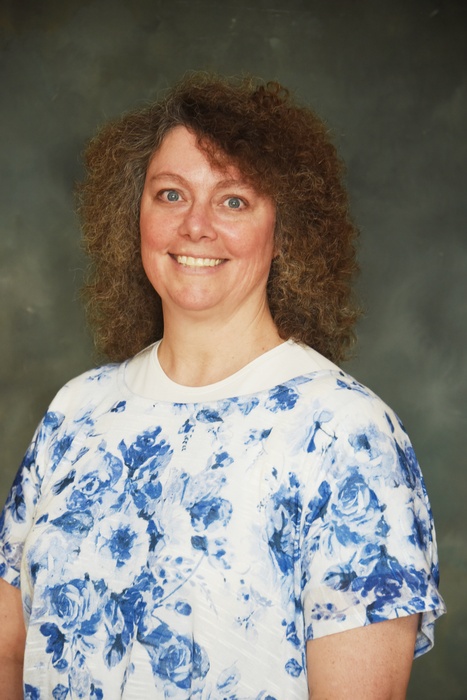
Crash Course In Histology: Recognize 20 Tissues In 60 Minutes – Can It Be Done?
Recorded On: 10/15/2020
-
Register
- Non-member - $15
- Core Member - $10
- Student Member - $10
- Enhanced Member - Free!
This presentation is targeted to those of us who stumbled into the field of histology. Without knowing that we would end up in a field that we have grown to love, many of us did not take a histology course which would have helped us to prepare for life a the end of a microscope. Although we do not do the diagnosing of the disease states, the world of histology under the microscope is fascinating and, as histotechs, we are responsible for making sure that appropriate controls are tested and that they have been stained correctly. Recognizing the tissue types is important in performing quality work. For this presentation, there will be no in-depth discussion of tissue structure details. Instead, this fast-paced, drill-based presentation is meant to introduce novice microscopists to the following anatomical pathology sites and for the audience to learn to recognize all of the tissues within the space of an hour: Liver, lung, pancreas, adipose tissue, collagen, smooth muscle, lymphoid tissue, bone, cartilage, thyroid, colon, small intestine, skeletal muscle, peripheral nervous tissue, central nervous tissue, spleen, stomach, breast, skin, and kidney.
CEUs: This histology course is worth 1 continuing education credit. Course is available for 365 days from date of purchase.

Sheila Criswell, MS, CT(ASCP), HTL, MLS, MB, SH, QIHC
UTHSC
National meeting presentations should be informative and stimulate intellectual understanding in areas relevant to the field of histotechnology. I have worked in the field of histology for 11 years and, after receiving HTL ASCP certification, have been teaching for 8 years at the University of Tennessee Health Science Center, a position which has been very gratifying. I am currently course director for six courses directly related to histology/histotechnology and several other courses related to the clinical lab. In addition to teaching, I currently am pursuing a doctorate degree in molecular biology at the University of Memphis.
